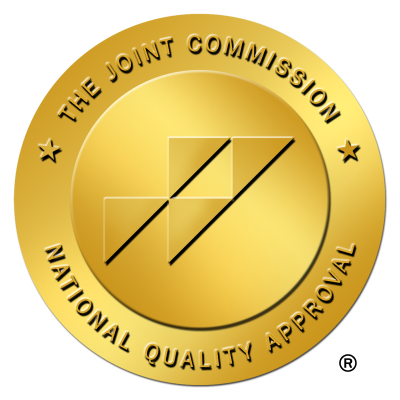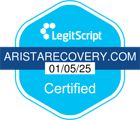How Sober Living Environments Promote Accountability

Understanding the Role of Sober Living Environments
Sober living environments (SLEs) are pivotal in the recovery landscape, offering individuals a structured and supportive setting to bridge the gap between intensive treatment and independent living. These homes foster accountability, a crucial element in maintaining long-term sobriety and personal growth. By adhering to house rules, participating in community activities, and receiving peer support, residents are able to establish a sense of responsibility vital for their recovery journey. This article explores how sober living homes promote accountability among residents and the unparalleled role these environments play in fostering sustainable sobriety.
The Role of Structure in Fostering Accountability
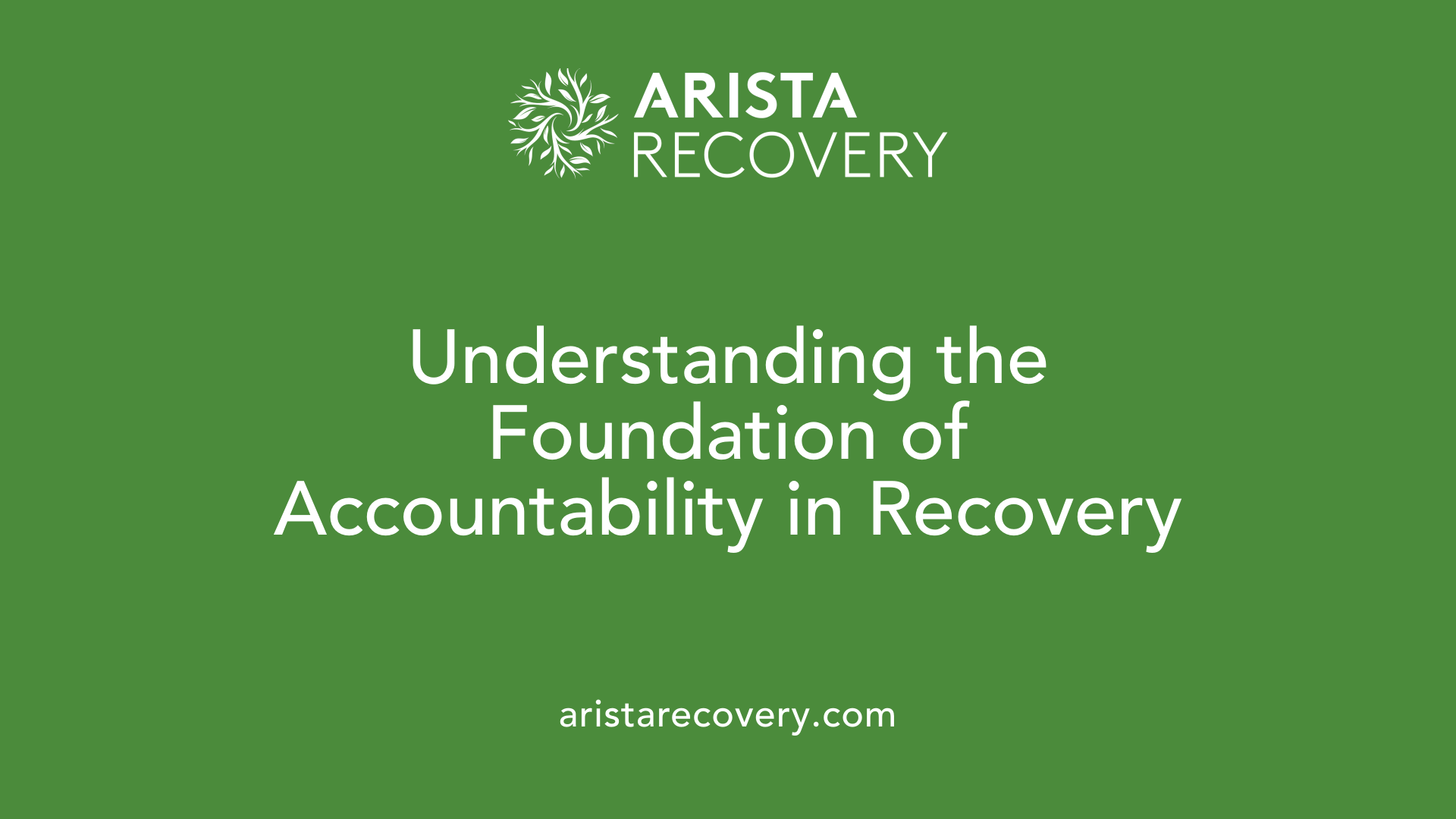
Importance of Structured Living Arrangements
Structured living arrangements are essential in sober living homes as they provide the necessary framework for individuals transitioning from treatment to independent life. These environments promote stability and predictability, which are vital in helping residents maintain their sobriety. By setting clear expectations and routines, sober living homes reduce the overwhelming nature of recovery, allowing individuals to focus on building healthy habits.
Mechanisms like House Rules and Routines
House rules and routines play a significant role in reinforcing accountability among residents. Common requirements include attending daily house meetings, participating in chores, adhering to curfews, and undergoing regular drug testing. These structured guidelines are not just rules but are designed to cultivate personal responsibility.
Regular meetings provide a platform for residents to discuss their progress, offering opportunities for self-reflection and shared experiences, which enhance peer support. Such community engagement allows residents to hold each other accountable, fostering a positive environment conducive to recovery.
What are the essential components of sobriety according to AA?
According to Alcoholics Anonymous (AA), the essential components of sobriety are encapsulated in its Three Pillars: Recovery, Unity, and Service. Recovery is centered around the well-known 12-step program, which provides spiritual principles that help individuals reduce the influence of alcohol in their lives. Unity is crucial as it fosters a supportive community among members, which is important for maintaining long-term sobriety. Service allows individuals to share their experiences and the message of sobriety with others, promoting a sense of purpose and connection within the fellowship. Together, these components create a comprehensive approach to achieving and sustaining sobriety.
Structured living in sober environments ensures that residents remain committed to these principles, helping them stay on track during their recovery journey.
Peer Support and Community Involvement
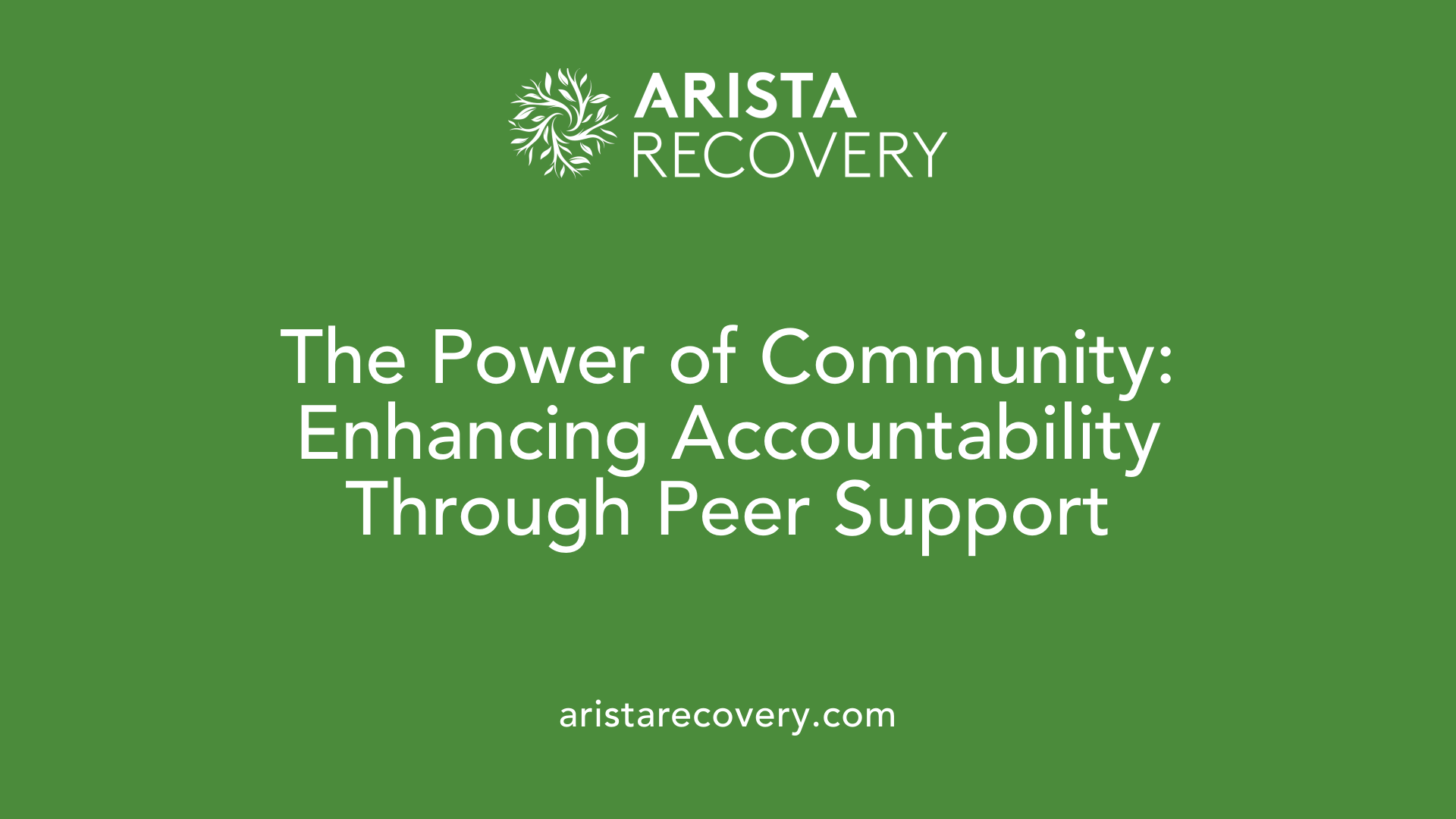
Role of Peer Support in Accountability
Peer support plays an essential role in maintaining accountability in sober living homes. Residents living together foster a unique environment where they can motivate, encourage, and hold each other accountable. This shared commitment creates a sense of belonging and mutual responsibility that is crucial for long-term sobriety.
Living with peers who are equally dedicated to their recovery journey helps individuals combat feelings of isolation, which are often prevalent during the early stages of sobriety. By sharing their experiences, struggles, and successes, residents can provide real-time emotional support, reinforcing the lessons learned in treatment. This shared experience cultivates a culture of accountability as residents confront any behaviors that could jeopardize their recovery, thus promoting personal responsibility.
House Meetings and Shared Experiences
Regular house meetings are pivotal in fostering accountability among residents of sober living homes. These meetings provide a platform to discuss house rules, non-compliance issues, and the consequences of breaking rules. The opportunity for open dialogue not only reinforces the importance of adherence to guidelines but also allows residents to reflect on their progress and set personal recovery goals.
These gatherings help residents learn from each other's experiences, enabling them to navigate challenges together. By promoting self-reflection and responsibility, these meetings empower individuals to take ownership of their recovery journey. As they discuss consequences for rule violations, residents reinforce their commitments to both their peers and the broader recovery community.
Benefits of Living a Sober Lifestyle
Living a sober lifestyle offers numerous benefits, including significant improvements in physical health by preventing and recovering from conditions like liver and heart disease. It also promotes better mental and emotional well-being by reducing the risks of depression and anxiety, while enhancing emotional regulation and coping mechanisms. Individuals in recovery often find that their relationships improve, fostering trust and respect that may have been damaged by substance abuse. Additionally, sobriety can lead to greater career stability and financial prospects, as individuals become more focused and reliable in their professional lives. Ultimately, a sober lifestyle contributes to a greater sense of purpose and an enriched quality of life through healthier relationships, improved health, and a fulfilling daily routine.
Routine and Responsibilities in Sobriety
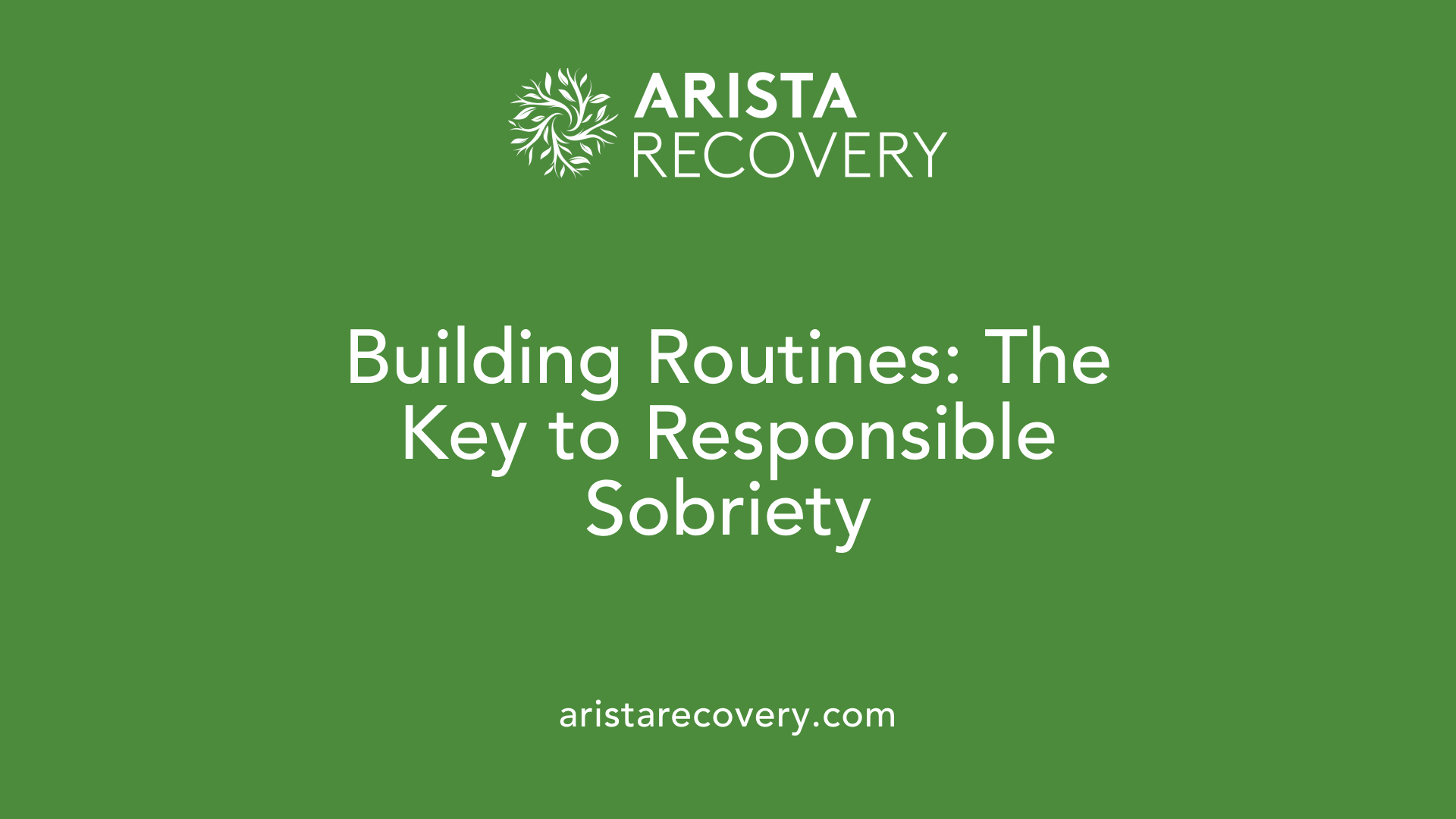
Importance of Curfews, Chores, and Meetings
Sober living homes are designed to instill a routine that emphasizes accountability. Curfews, chores, and regular meetings are integral components of this structure.
- Curfews help residents develop a sense of discipline, ensuring they return home by a specific time which promotes stability in their recovery efforts.
- Chores foster a spirit of teamwork among residents, encouraging them to take collective responsibility for their living environment.
- Meetings, such as house discussions and support group sessions, allow residents to share experiences and enforce adherence to house rules, reinforcing a culture of mutual accountability.
Developing Self-Discipline through Responsibilities
By requiring residents to adhere to these routines, sober living homes help individuals cultivate self-discipline, which is crucial in early recovery.
- Responsibilities like attending house meetings and maintaining clean living spaces promote not only accountability but also self-control.
- This structure minimizes feelings of isolation and keeps residents engaged with their recovery goals.
- Ultimately, the routine created within sober living environments enriches the recovery experience, supporting residents in forming healthy habits that lead to long-term sobriety.
Promoting Accountability through House Rules
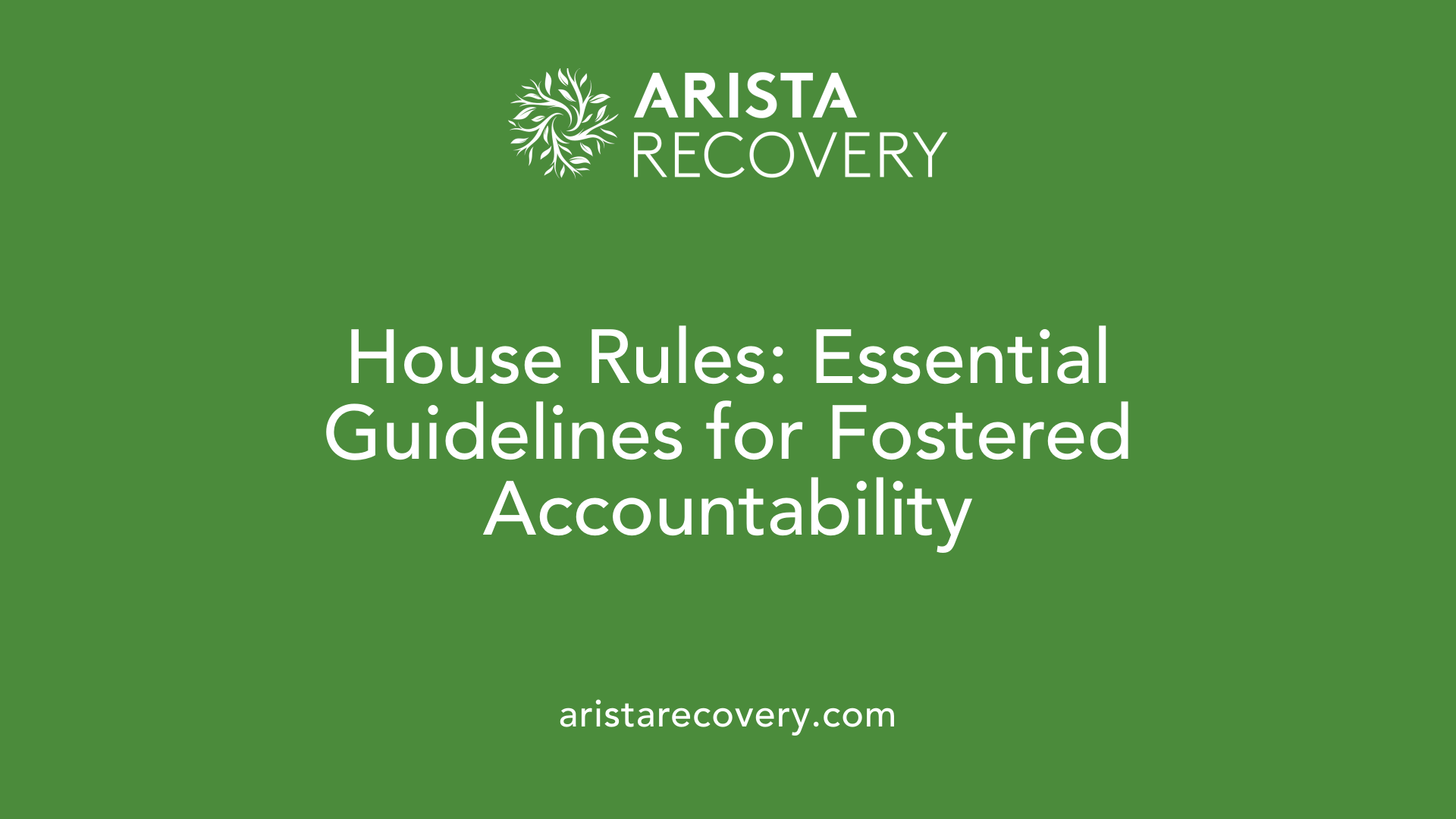
House rules as accountability measures
Sober living homes implement house rules to cultivate a secure and structured environment that supports recovery. These rules vary among homes but generally aim to foster a drug- and alcohol-free area while emphasizing accountability amongst residents. Regular house meetings provide a platform for discussing these rules and addressing any non-compliance, thus reinforcing the importance of adherence.
Residents actively engage in dialogues regarding consequences for rule violations, enabling them to take ownership of their recovery journey. Such discussions enhance feelings of empowerment and responsibility, which are essential for a successful transition. Participating in household chores and group activities further strengthens accountability, as residents witness and support each other's adherence to the house rules.
Importance of drug testing and curfews
Regular drug testing and curfews are common practices in sober living homes that enhance accountability. Drug testing ensures that residents maintain their sobriety while curfews provide a structured routine that discourages late-night temptations. These practices not only foster a sense of personal responsibility but also create a supportive community where peers can hold each other accountable.
In summary, by establishing clear house rules and implementing accountability measures such as drug testing and curfews, sober living homes create an environment conducive to recovery. This multifaceted approach nurtures personal growth and helps residents develop essential life skills for their journey toward independence.
Long-term Success and Recovery
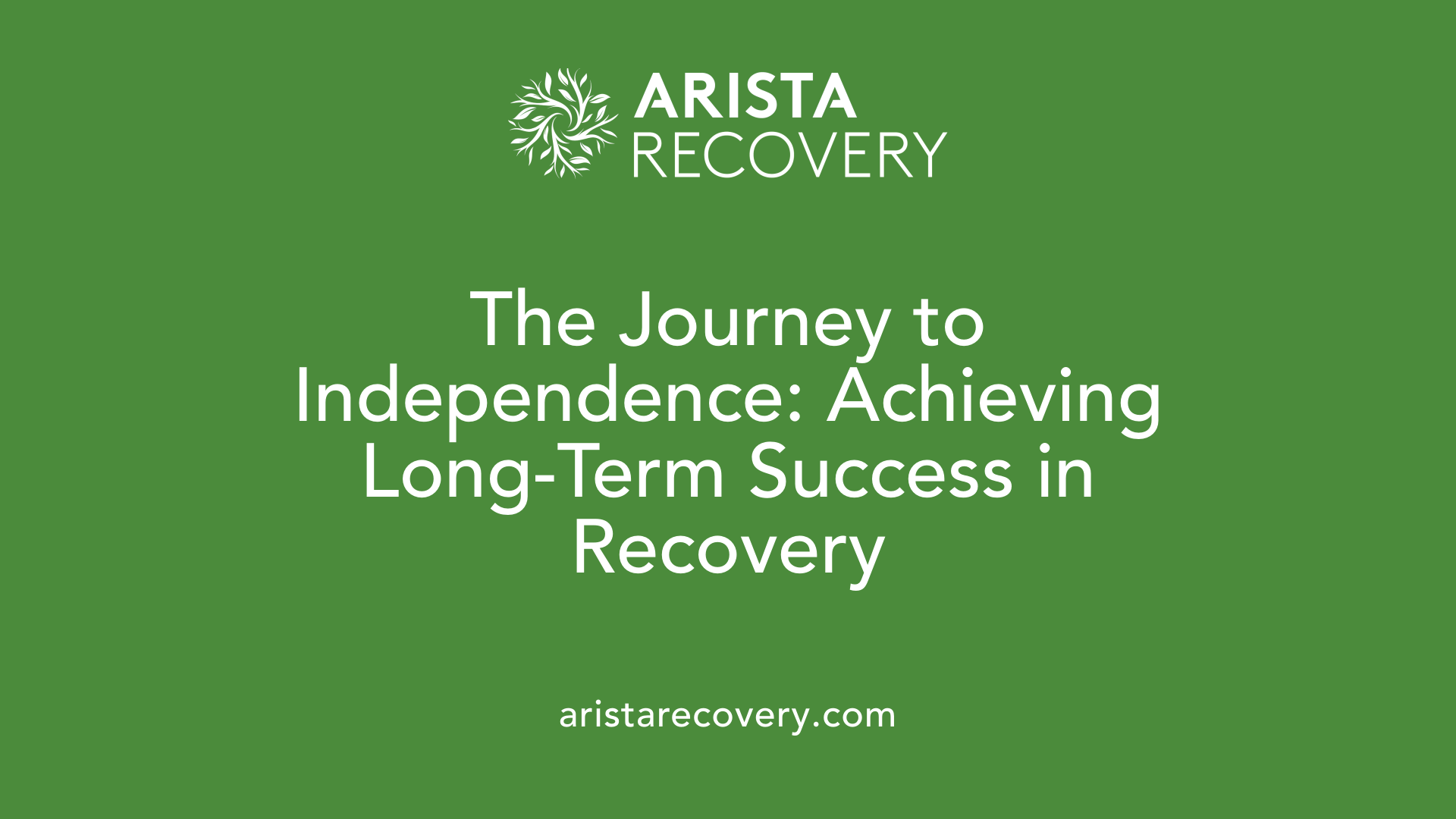
Impact on relapse rates and employment
Sober living homes have a profound impact on long-term recovery outcomes. Research indicates that individuals who stay in these structured environments experience significantly lower relapse rates compared to those without such support. For instance, UCLA studies reveal that residents maintaining sobriety in sober living homes for at least six months see not only reduced relapse occurrences but also higher employment rates.
This improvement in employment outcomes is linked to structured connections with treatment programs, as seen in residents affiliated with organizations rather than those in independent houses, with adjusted odds ratios (aOR) signaling better chances for total and drug abstinence.
Transitioning to independent living
The essence of sober living is to provide a safe and substance-free environment that facilitates a smooth transition back to everyday life. Residents are gradually introduced to independence as they practice essential life skills, such as managing finances and employment responsibilities, within a supportive community.
In sober living homes, residents adhere to house rules and routines, which not only reinforces accountability but also builds self-efficacy. By sharing responsibilities and facing consequences together, they cultivate a sense of personal and collective responsibility that proves vital in maintaining sobriety and creating a foundation for a successful, independent lifestyle.
The Impact of Accountability on Recovery
In the realm of addiction recovery, sober living environments serve not just as temporary housing but as crucibles for change. By establishing clear guidelines and fostering a culture of mutual support, these homes promote accountability, which is instrumental in reducing relapse rates and enhancing the overall quality of life for individuals in recovery. As residents grow accustomed to this structured environment, they develop essential life skills, gain confidence in their sobriety, and are better prepared for the challenges of independent living. Ultimately, the accountability nurtured within these homes creates a lasting foundation for a successful recovery journey.
References
- How a Sober Living Home Can Improve Accountability
- Stability & Accountability in Sober Living Homes
- The Importance of Structure and Accountability in Sober Living ...
- 5 Ways a Sober Living Home Can Strengthen Your Recovery Goals
- The Role of Sober Living Homes in Recovery
- The Role of Accountability in Sober Living Environments | by ...
- 5 Advantages of Sober Living Homes In Moving Towards Recovery
- How Sober Living Homes Lay the Foundation for Lasting Recovery
- Sober Living With Accountability - Sobriety - Framework Recovery
- The Vital Role of Sober Living Homes in the Journey to Recovery

